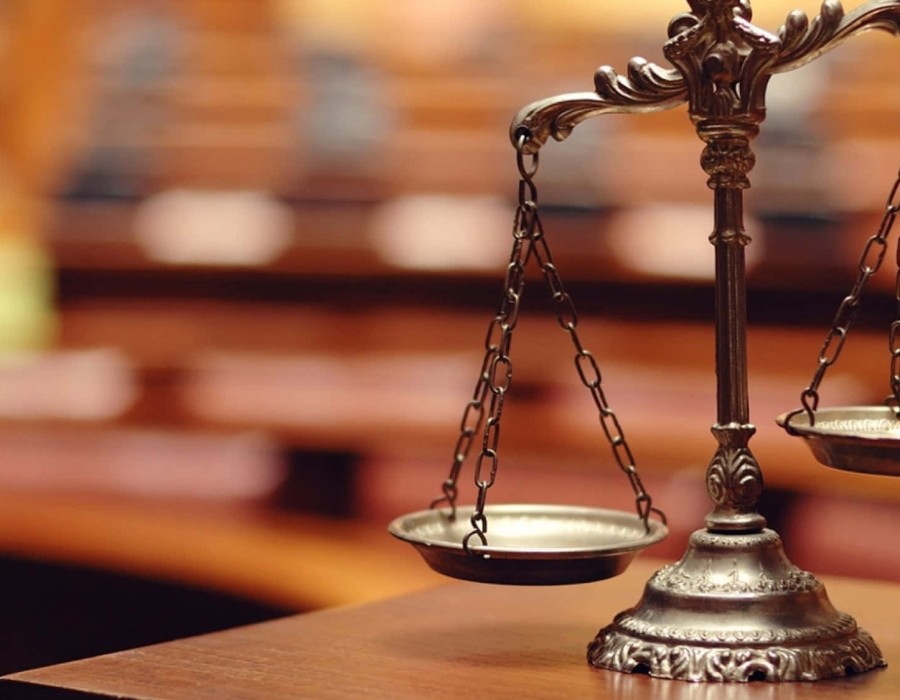In the realm of legal protection, the issuance of a Preliminary Protective Order (PPO) emerges as a vital mechanism, offering immediate safety and security to individuals facing potential harm or harassment. This in-depth exploration aims to unravel the significance of preliminary protective orders, shedding light on their purpose, the procedural intricacies involved, and the transformative impact they wield in shielding individuals from imminent threats.
1. Deciphering the Purpose of Preliminary Protective Orders
At its core, a Preliminary Protective Order is a legal tool meticulously crafted to provide swift and effective protection for individuals confronted with the looming specter of harm, be it domestic violence, stalking, or other menacing behaviors. This legal instrument erects a formidable barrier, prohibiting any contact from the alleged perpetrator and creating a sanctuary for those seeking refuge.
2. Immediate Relief in High-Risk Scenarios
A distinctive characteristic of Preliminary Protective Orders lies in their prompt issuance during emergencies. Recognizing the urgency inherent in situations where personal safety is under immediate threat, the legal system moves swiftly. The PPO serves as an emergency shield, imparting a sense of security and assurance during what can be a volatile and precarious time.
3. Initiating Legal Safeguards: The Process of Obtaining a Preliminary Protective Order
Commencing the journey toward obtaining a Preliminary Protective Order typically involves filing a petition with the court. This detailed document narrates the alleged threats or acts of violence, providing the essential legal grounds for the order. The court meticulously reviews the petition, and if deemed warranted, promptly issues the Preliminary Protective Order.
4. Scope and Duration: Tailoring Protective Measures
The scope and duration of Preliminary Protective Order are adaptable, tailored to the unique circumstances of each case. While often serving as a temporary shield offering immediate protection, they set the stage for subsequent legal proceedings. Provisions within the order may include restrictions on contact, maintaining a specific distance, or refraining from actions that pose a threat to the individual's safety.
5. Transitioning to Long-Term Protection
Preliminary Protective Orders often pave the way for more enduring protective measures. Following the initial order, a scheduled court hearing unfolds, allowing both parties to present their cases. The court then decides whether to extend the protective measures by issuing a long-term protective order, ensuring sustained protection for the individual seeking legal intervention.
6. Consequences for Violating a Preliminary Protective Order
Violating the terms of a Preliminary Protective Order carries weighty legal consequences. Alleged perpetrators may face charges of contempt of court or other penalties. This underscores the imperative for strict adherence to the outlined provisions, emphasizing the legal gravity of the protective measures.
7. Navigating Emotional Terrain: Beyond Legal Significance
While the legal implications are substantial, obtaining a Preliminary Protective Order is not solely a legal process. It signifies a proactive stride toward personal safety, contributing to a sense of empowerment for those confronting menacing situations. Additionally, support services and resources are often available to aid individuals in managing the emotional toll of seeking legal protection.
8. Guidance through Legal Complexities: Seeking Professional Counsel
Given the intricacies surrounding Preliminary Protective Orders, seeking guidance from legal professionals is advised. Attorneys specializing in family law or domestic violence cases offer invaluable counsel, ensuring that necessary legal steps are taken to secure the safety of those facing potential harm.
In conclusion, Preliminary Protective Order emerge as indispensable guardians, offering immediate refuge and legal safeguards for individuals in the face of imminent threats. Beyond their legal significance, these orders stand as powerful instruments of empowerment, fostering a renewed sense of security and resilience for those navigating through challenging circumstances.





Comments